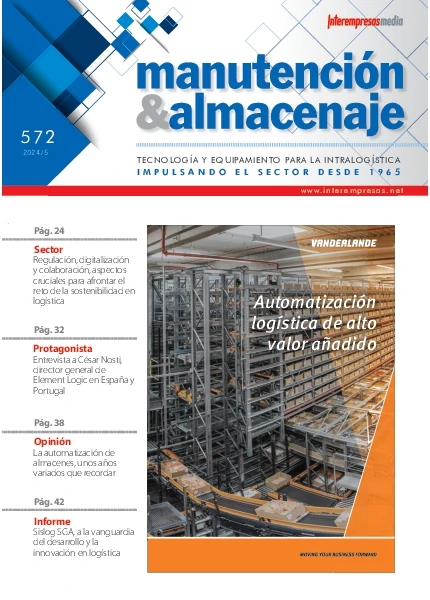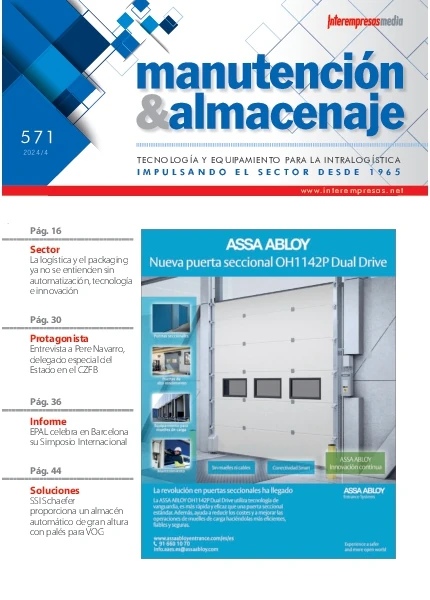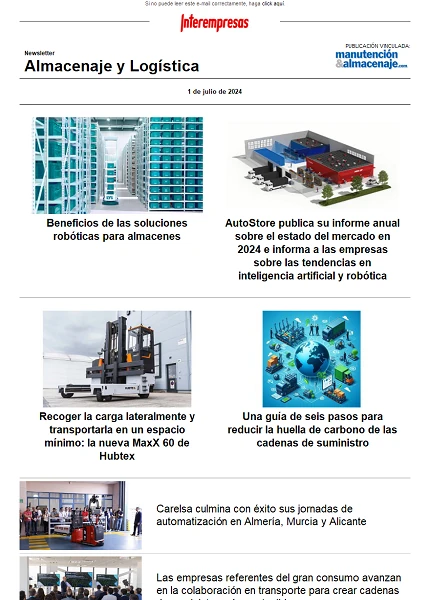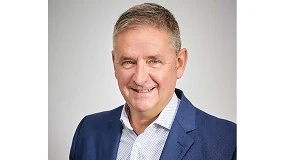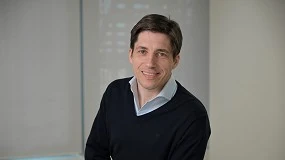Chemistry contributes to the efficiency and sustainability
World energy consumption forecasts suggest that energy demand will continue to increase in a linear fashion and that the oil will remain the most important energy source. He is also expected to increase the importance of natural gas. According to the analysis of the Energy Information Agency, is expected that the demand for natural gas will increase at a rate of 2.2 per cent per year between 2001 and 2025, with what will be the fastest growing primary energy source.
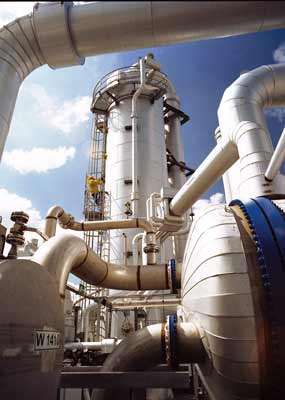
It lies in the Centre of Basf
in Ludwigshafen (Germany)
BASF is reducing its dependence on the price of a barrel of crude oil in different ways: to develop its own oil activities and gasistas through its subsidiary Wintershall, through intelligent processes and concepts of integrated production (verbund) and also through generation of energy efficient technologies.
Responsible energy management
Oil remains the most important source of raw materials for the chemical industry, and the gas is the main source of energy. The gas covers about 70 per cent of the needs of primary energy of Basf, and is used to generate electricity and steam in their combined electricity and steam (CHP) plants. This form of energy supply, particularly effective, is known as cogeneration and, with an efficiency of 85 percent, is the most avant-garde that exists with regard to industrial-scale energy conversion methods. Currently, Basf operates nine CHP plants around the world, and has another three under construction.
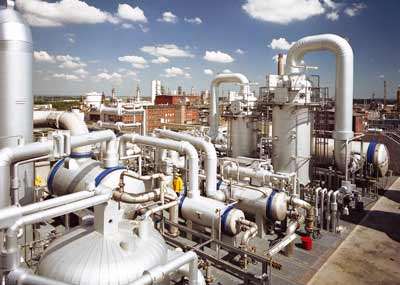
The "verbund" approach
In 2003, the residual heat from the production process was used to generate 48 percent of the steam that Basf needs around the world, and that accounts for 52.8 million metric tons. 23.1 Million megawatt-hours of fossil and alternative fuels, were used to produce electricity and steam which is equivalent to almost 2 million metric tons of crude oil. Without the approach, however, "verbund", the total energy needed to generate electricity and steam needs the Basf group would have been much larger: about 3.4 million metric tons equivalent petroleum.
This approach also allows the company to exploit with highly efficient processes of intensive use of energy, such as electrolysis chlor, which is used to produce chlorine, sodium hydroxide of high purity and hydrogen (by-product). At the same time, this hydrogen can be used as raw material in other processes of the network of Basf plant.
The global density electrochemical plant is located in the Centre of Basf in Ludwigshafen (Germany). These plants have the advantage that are extremely efficient with regard to the conversion of thermal energy; in other words, using a high proportion of energy which is supplied to them. This advantage is also reflected in a locked process of organic electrosynthesis, that can be used to make two products of utility: precursors of chemical aromas and plant protection products, without generation of by-products.

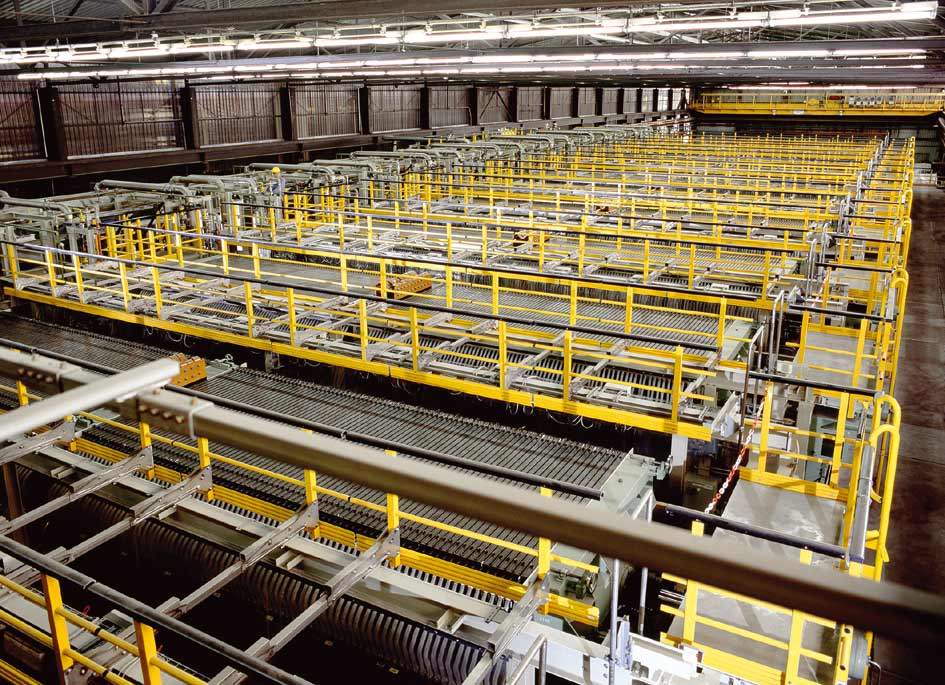
Improvements in catalysts
Scientists from Basf are also making use their experience in the field of catalysts to contribute to the development of fuel cells. So that these sources of energy can become mass produced items, must be to significantly improve a series of steps of reaction occurring in the cell. In regards to the stationary cells, may be the source of thermal and electrical energy to the homes of the future, the desulphurisation of natural gas used as fuel is essential. Researchers at Basf have managed to solve this problem using absorbent new. In a series of steps that occur in the fuel cell generates hydrogen from natural gas; the catalysts involved in them have improved, so that they are more economical and reliable over time.
Reservations of latent heat
Buildings and vehicles absorb heat mainly through transparent surfaces. Opaque elements, such as walls, ceilings or roofs may be combined with reflective surfaces to reduce the transfer of heat, but surfaces transparent as window or façade elements require selective filters for certain wavelengths.
BASF has launched a series of developments in both areas: a system of selective passive filter, based on a new type of absorbent organic near IR, which is able to protect the transparent elements of construction of the thermal radiation, while for the opaque elements is developing a new generation of products belonging to the class of inorganic pigments of special effect.

